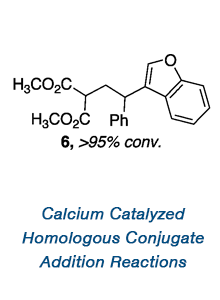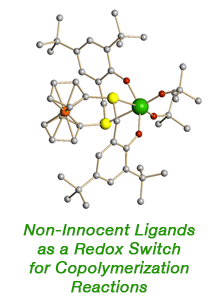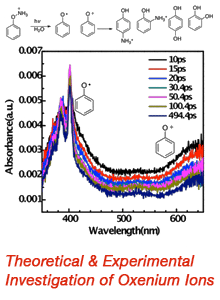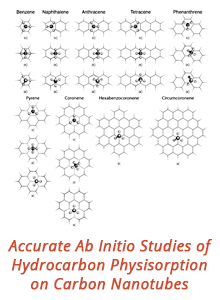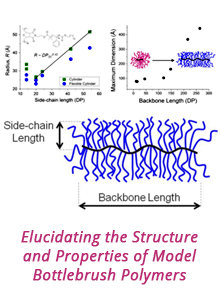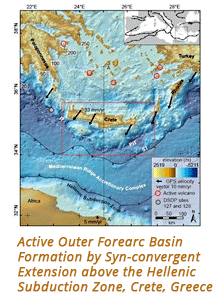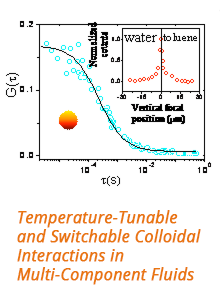58th Annual Report on Research 2013 Under Sponsorship of the ACS Petroleum Research Fund
Innovate & Inspire Be inspired by these ACS PRF-supported scientists' stories
Dr. Jingyi Chen

Department of Geosciences
University of Tulsa
Grant #51041-ND9
Accurate Hydraulic Fracture Characterization using Microseismic and Production/Welltest Data
Dr. Jingyi Chen, the Decker Dawson Assistant Professor of Geophysics at the University of Tulsa, has been using support from the ACS Petroleum Research Fund to develop calculation methods to predict the fracture network and distribution of rock properties in an oil well. Motivated by an interest in applying established geophysical techniques to petroleum engineering, Dr. Chen has integrated microseismic data from multi-stage hydraulic fracturing with production data from hydraulically fractured oil wells. Read the full story...
Dr. Aaron Celestian

Department of Geography and Geology
Western Kentucky University
Grant #50927-UNI10
Characterizing Synthesis and Ion Transport in Microporous Mixed-Polyhedral Frameworks
Dr. Aaron Celestian studies ion diffusion properties of natural zeolites and microporous materials. His ACS PRF Undergraduate New Investigator grant is to study specific selectivity in microporous zeolite analogues (Titanium/Zirconium/Niobium silicates). He stated that, "I wanted to understand how ions move out of solution and into a crystal structure via diffusion processes, to help tailor highly functional microporous materials for a given application." Read the full story...
Dr. Brian C. Goess

Department of Chemistry
Furman University
Grant #50719-UR1
Regioselective Semihydrogenation of Dienes
Dr. Brian Goess is a synthetic organic chemist whose research project dealing with a general strategy for the direct regioselective semihydrogenation of dienes has been supported by an ACS-PRF Undergraduate (UR) Grant. Dr. Goess, an assistant Professor at Furman University, indicates that prior to his work there was no "generalized strategy for the direct regioselective selective semihydrogenation of dienes that is selective for the more highly substituted alkene of a differentially substituted diene." Not only will his work facilitate a number of complex synthesis problems, but also as it is a very facile, useful synthesis that can be done in "one pot," it has led to the development of the teaching tool of an undergraduate chemistry laboratory exercise. Read the full story...
Dr. Elizabeth Hajek

Department of Geosciences
Pennsylvania State University
Grant #51950-DNI8
Fine-Sediment Storage and Bypass in Sandy Fluvial Systems
Dr. Elizabeth Hajek studies river and floodplain (fluvial) sediments, with particular interest in predicting where good-quality hydrocarbon reservoirs can be found in buried fluvial deposits. An example of a good-quality hydrocarbon reservoir would have sand or coarse-grained rocks deposited in ancient river channels. In contrast, river beds with fine-grained rocks tend to be poor reservoirs, as clay or silt can be a barrier to fluid flow in those strata. Read the full story...
Copyright © 2014 American Chemical Society


